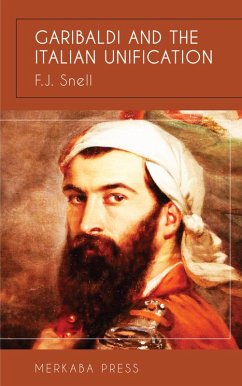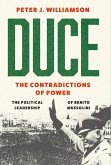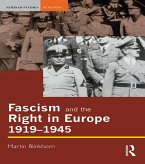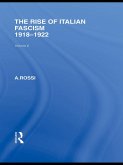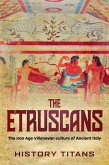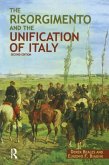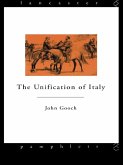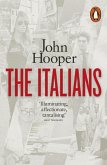Our hero's father did not spring from the ranks of the nobility. He was an honest shipmaster, and not rich. Domenico Garibaldi, however, was resolved to give his son a good education, no matter what the cost, and it seems a pity that his parental sacrifice should have been wasted. His son, alas! did not love school, and was a sad truant. When he should have been poring over his books, he with his cousin was exploring the mountains, or down in the harbor feasting his eyes on ships and sailors arrived from distant climes.
One of his early companions had a vivid remembrance of those days, of which he thus writes:
"Though Peppino [Giuseppe] was a bright, brave lad, who planned all sorts of adventures, played truant when he could get the loan of a gun or coax one of the fishermen to take him in his boat, went oyster-trawling, and never missed the tunny festival at Villafranca or the sardine hauls at Limpia, he was often thoughtful and silent, and when he had a book that interested him would lie under the olive-trees for hours reading, and then it was no use to try to make him join any of our schemes for mischief. He had a beautiful voice, and knew all the songs of the peasants and sailors, and a good many French ones besides. Even as a boy we all looked up to him, and chose him for our umpire, while the little ones regarded him as their natural protector. He was the strongest and most enduring swimmer I ever knew, and a very fish in water."
When a small boy, Garibaldi helped a washer-woman out of a deep ditch. She was the first of sixteen persons whom he saved from drowning-which shows that his skill and gallantry were not confined to the battlefield. This youthful heroism, however, hardly compensated for his backwardness as a student, and his education in the ordinary sense ceased when he was fifteen. One of his masters knew English and would have taught it to him, but the boy threw away this opportunity of learning what he afterward called "the beautiful tongue of Byron." He did learn-and forgot-a little Latin; French he acquired quite easily, and he made some progress-not much-in mathematics. He mastered the elementary, but necessary, accomplishments of reading and writing, by the help of which he could indulge his refined tastes. His independence of spirit led him to peruse the poetical works of Voltaire, and he went so far as to commit certain passages to memory. But it was Ugo Foscolo, a living Italian poet, who cherished noble aspirations for his country and for humanity, who most fascinated him and won his homage; indeed, all through his life Garibaldi was fond of quoting that writer. He himself in later years attempted verse, but though he felt the charm of poetry and music, his romantic sentiments clothed themselves more naturally in deeds than in words. His vocation was not to compose stanzas, but to re-create a nation. Yet it is pleasant to reflect that he was not so devoid of culture as his misspent schooldays threatened to leave him. Possibly his education might have been prolonged, had he been more earnest and industrious; as it was, he brought about a crisis by a daring act of revolt, which will be best described in his own words:
"Tired of school, and unable to endure a sedentary life, I proposed one day to some companions of my own age to run away to Genoa without any definite plan, but meaning in effect to seek our fortune. No sooner said than done. We seized a boat, embarked some provisions and fishing tackle, and sailed eastward. We were already off Monaco, when a vessel sent by my good father overhauled us, and brought us back deeply humiliated. An abbe had revealed our flight. See what a coincidence! An abbe, the embryo of a priest, and I am so ungrateful as to persecute these poor priests!"
Dieser Download kann aus rechtlichen Gründen nur mit Rechnungsadresse in A, B, BG, CY, CZ, D, DK, EW, E, FIN, F, GR, H, IRL, I, LT, L, LR, M, NL, PL, P, R, S, SLO, SK ausgeliefert werden.

